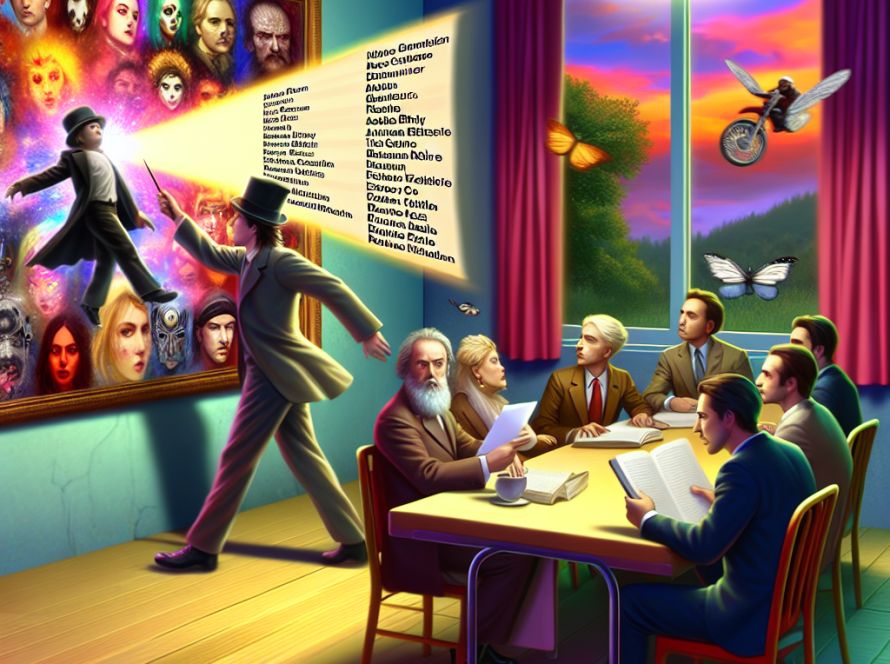We are thrilled to share a revolutionary new machine learning model for image synthesis, Multivariate Learned Adaptive Noise (MuLAN), developed by researchers from Cornell University! This breakthrough approach to generative modeling and image synthesis, inspired by thermodynamics, has the potential to revolutionize the field with its ability to create high-quality images by transforming data into noise.
MuLAN challenges the conventional concept of invariant noise schedules by introducing a learning mechanism for noise application, adapting more effectively to data variances. This multi-variate approach introduces variability in noise application, enhancing image generation quality. This breakthrough has shown remarkable results in performance, achieving state-of-the-art performance in density estimation on standard image datasets like CIFAR-10 and ImageNet.
The MuLAN methodology involves learning the diffusion process from data, allowing for a more tailored application of noise across an image. This approach leverages Bayesian inference, viewing the diffusion process as an approximate variational posterior. This innovation is further augmented by a per-pixel polynomial noise schedule, a conditional noising process, and auxiliary-variable reverse diffusion.
The potential impact of this breakthrough technology is immense. It could pave the way for more nuanced and adaptable generative modeling techniques, offering a significant leap in image synthesis through diffusion models. To learn more about the researchers behind this amazing innovation, please check out the Paper and Github.
We would love for you to join our 35k+ ML SubReddit, 41k+ Facebook Community, Discord Channel, LinkedIn Group, and Email Newsletter, where we share the latest AI research news, cool AI projects, and more. If you like our work, you will love our newsletter!

